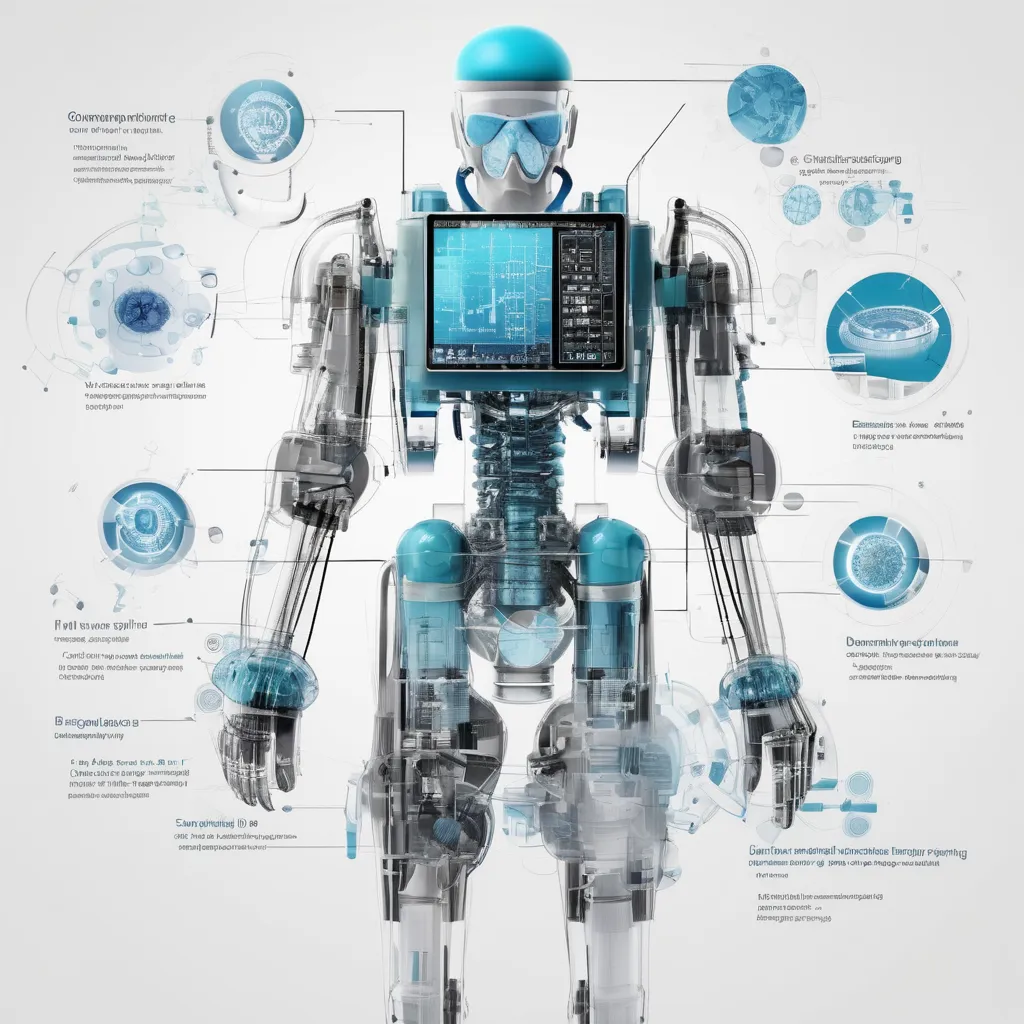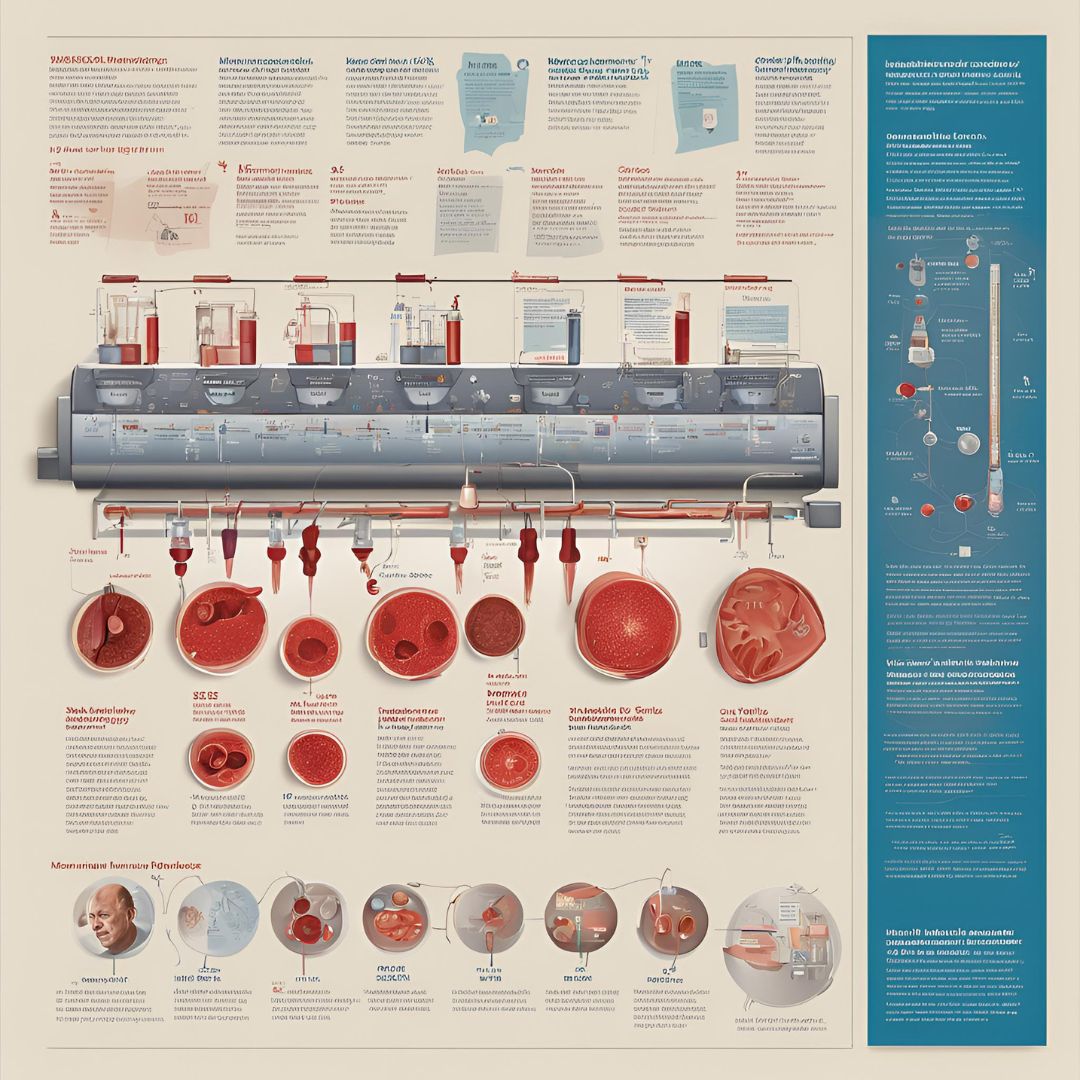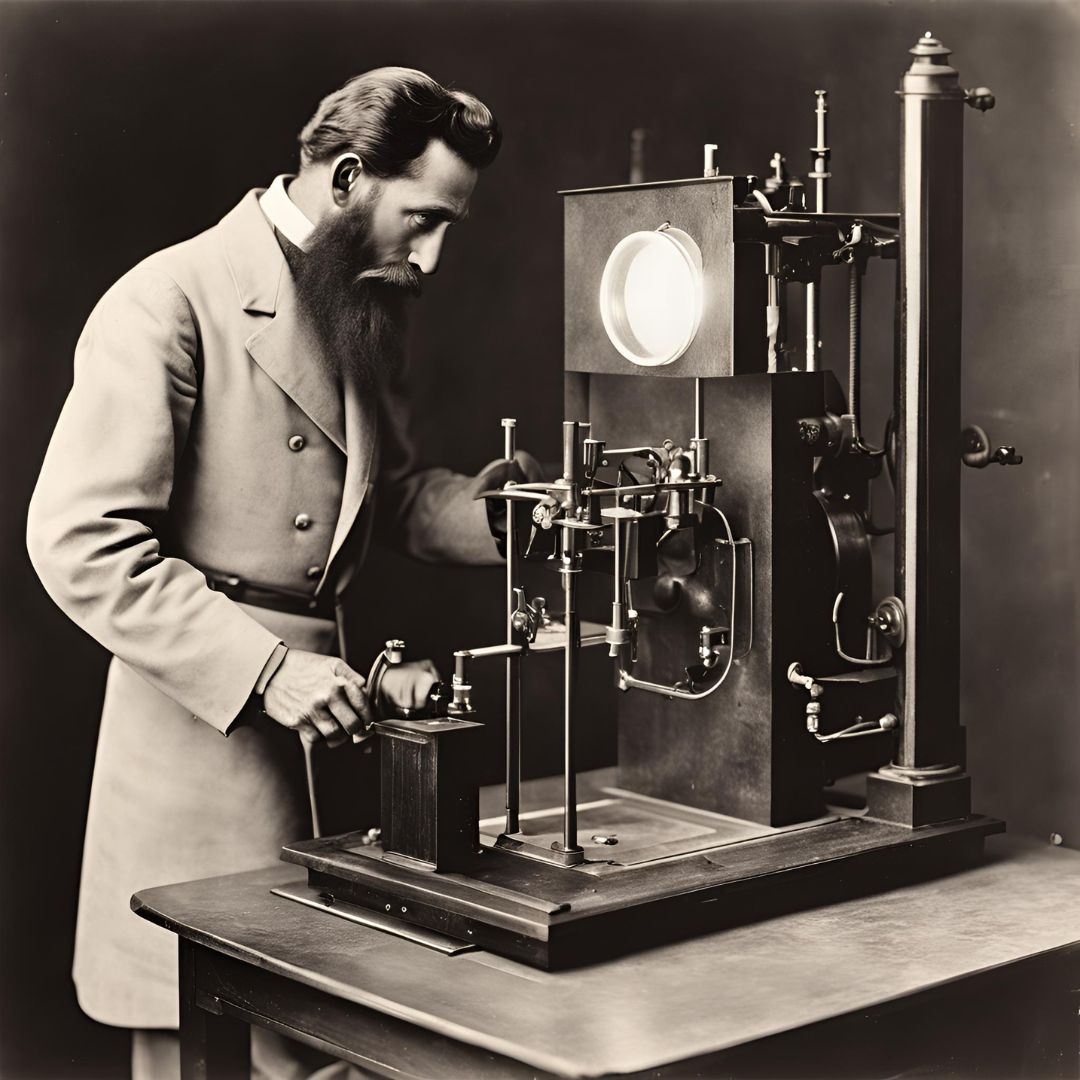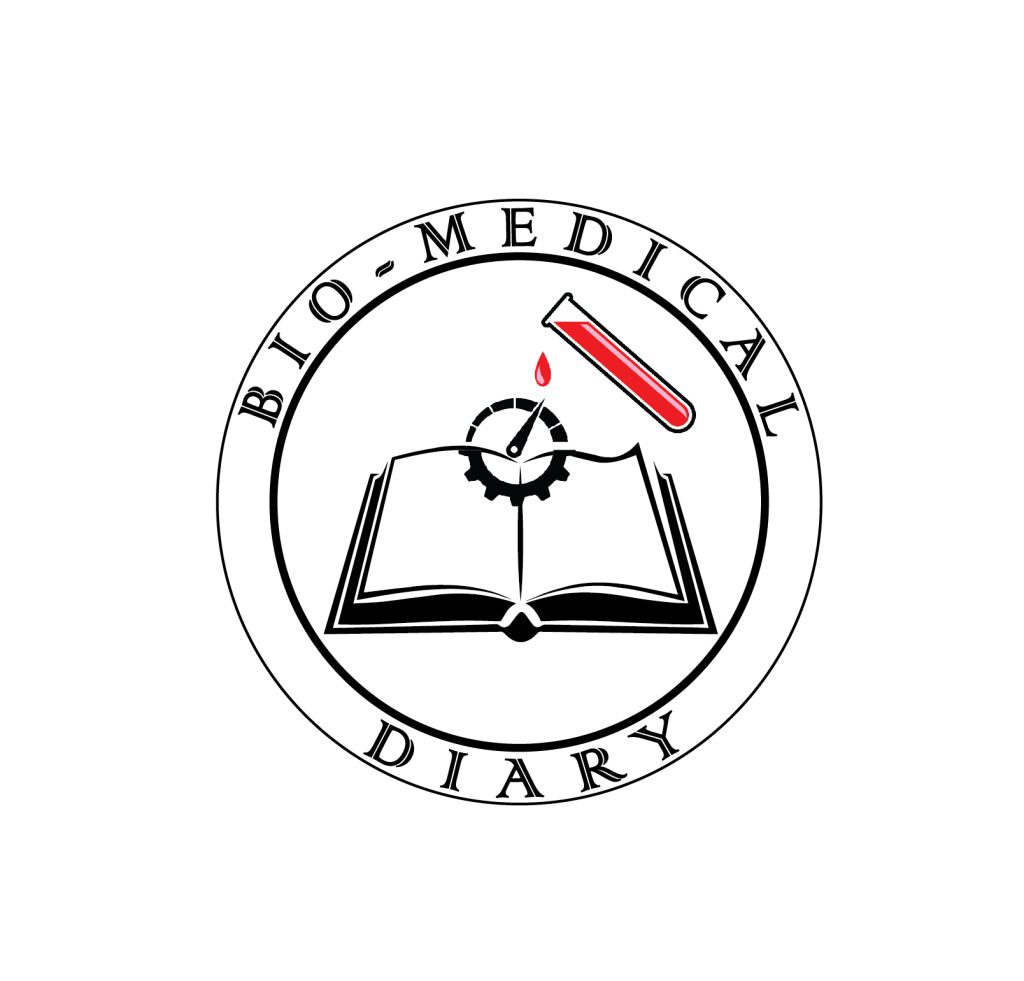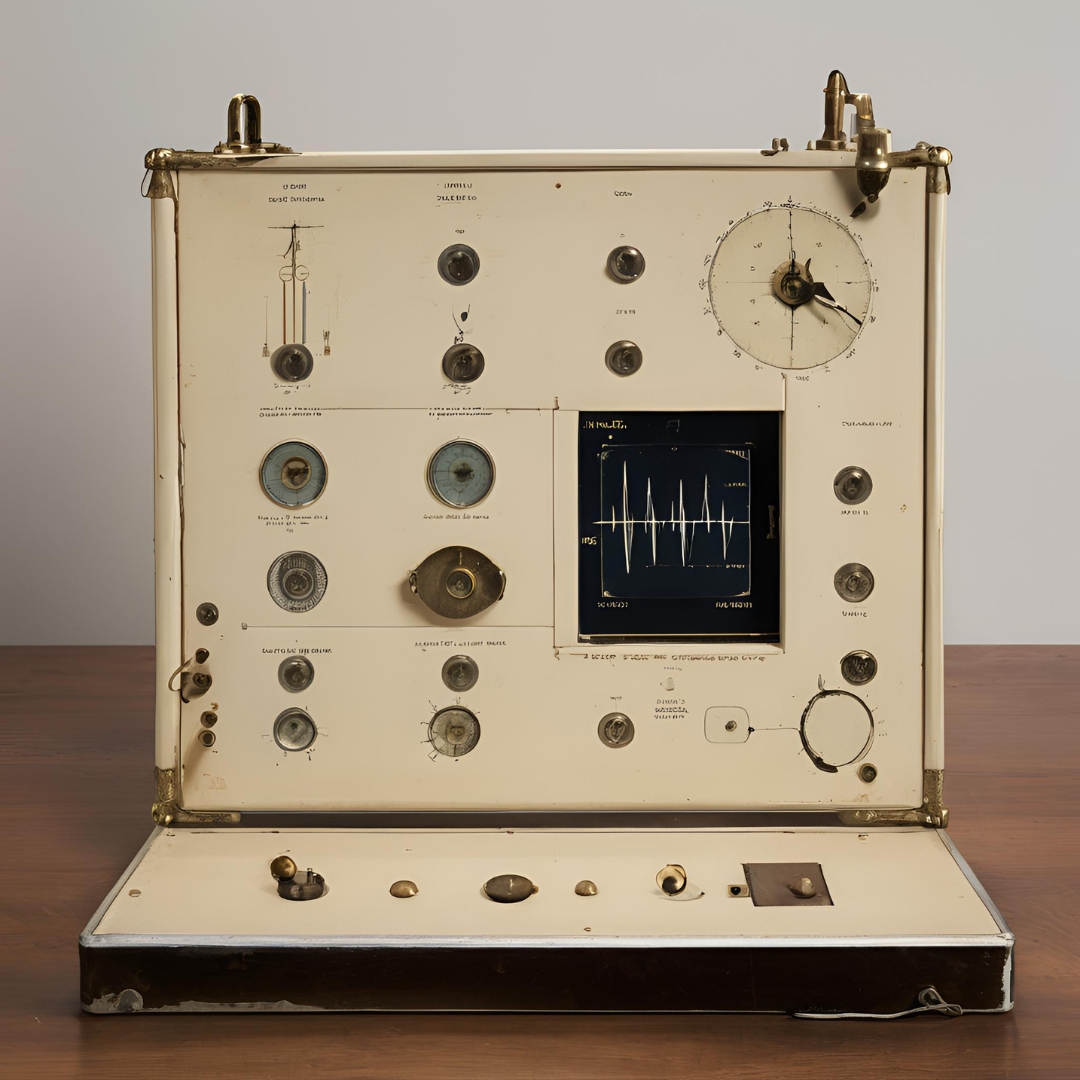Biomedical Engineering Journey:
What is Biomedical Engineering to Me?
Biomedical engineering is more than just a field of study—it’s a calling. It allows me to apply engineering principles to medical challenges, helping to create solutions that didn’t exist before. Whether it’s designing a life-saving device or improving diagnostic tools, my work revolves around making healthcare safer, more efficient, and more accessible.
Biomedical engineers don’t just build machines; we build hope. By merging engineering, biology, and medicine, we are pushing the boundaries of what is possible in patient care.
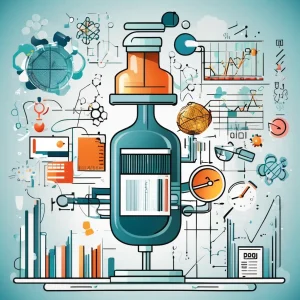
Key Areas Where I Focus My Work
Biomedical engineering covers a broad spectrum, but there are several key areas where I’ve devoted much of my time and expertise:
Medical Devices:
Designing medical devices has been one of the most fulfilling parts of my career. From creating insulin pumps that help diabetics manage their blood sugar to working on heart monitors that detect arrhythmias, I’ve seen how these innovations can directly improve patients’ lives. The knowledge that something I helped develop is out there saving lives is deeply rewarding.
Imaging and Diagnostics:
I’ve had the opportunity to contribute to advancements in imaging technology—tools like MRIs and CT scans. These devices are essential for diagnosing conditions that might not be apparent through physical exams alone. My work involves making these technologies more accurate, faster, and even less invasive for patients.
Biomaterials and Tissue Engineering:
One of the most exciting areas in biomedical engineering is tissue engineering. Being able to contribute to the creation of biocompatible materials—such as artificial tissues or organs—that the body can accept has opened up possibilities I never thought possible. Imagine a world where damaged tissues can be replaced seamlessly, offering patients a second chance at life. That’s the world we’re building.
Regenerative Medicine:
Regenerative medicine is a field that is very close to my heart. It’s an area full of potential where we use stem cells and other biological materials to repair or regenerate damaged tissues. Whether it’s through cellular therapies or bioengineered organs, the possibilities are endless, and I’m proud to be a part of this journey.
Biomechanics:
One of my specialties is biomechanics—the study of the forces exerted by and upon the human body. My work focuses on designing prosthetics and orthotic devices that mimic natural movements, giving patients the ability to regain function and improve their quality of life. The balance between science, technology, and empathy is what makes this work so impactful.
Artificial Intelligence in Medicine:
The integration of artificial intelligence into healthcare is something I have been passionate about in recent years. AI is changing how we diagnose and treat diseases, allowing us to provide more personalized care. From developing algorithms for diagnostic tools to creating systems that assist with complex surgeries, AI is shaping the future of medicine, and I’m excited to be part of this wave of innovation.
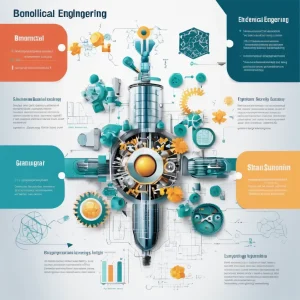
Why Biomedical Engineering Matters
Being in this field, I’ve had the privilege of seeing the direct impact our work has on patients’ lives. Whether it’s through devices that restore lost function, advanced diagnostics that catch diseases early, or the development of materials that can heal the body from within, biomedical engineering offers endless possibilities to improve healthcare.
Take, for example, the cochlear implant, a device that I had the opportunity to study during my career. This incredible innovation has given thousands of people the ability to hear again. Another example is minimally invasive surgical tools—technologies that reduce recovery times, pain, and complications for patients. These are the kinds of breakthroughs that make me proud to call myself a biomedical engineer.
The Future of Biomedical Engineering
Looking ahead, I believe the future of biomedical engineering is limitless. With emerging fields like nanotechnology and personalized medicine, we are on the verge of breakthroughs that could redefine healthcare. Imagine a day when we can use microscopic robots to target cancer cells with pinpoint accuracy or tailor treatments to a patient’s genetic profile, reducing side effects and improving outcomes. That’s the future we’re building.
Another exciting frontier is 3D printing in medicine. From prosthetics to bioengineered organs, this technology holds the promise of transforming everything from how we treat injuries to how we handle organ transplants.

Why I’m Excited About This Field
What excites me the most about biomedical engineering is that it’s not just about solving today’s problems—it’s about anticipating the needs of tomorrow. Each new development brings us one step closer to a world where disease and injury no longer mean suffering or loss of hope. Being a part of this evolution is what drives me every day.
Final Thoughts
As a biomedical engineer, I’ve had the unique opportunity to help shape the future of healthcare. From the development of cutting-edge medical devices to the exploration of regenerative medicine and AI, this field offers endless possibilities for innovation. Biomedical engineering is not just a career—it’s a mission to improve lives, and I am honored to contribute to this ongoing journey.
Thank you for following my work and the exciting developments in the field through Biomedical Diary. Together, we are building a healthier, brighter future for all.
